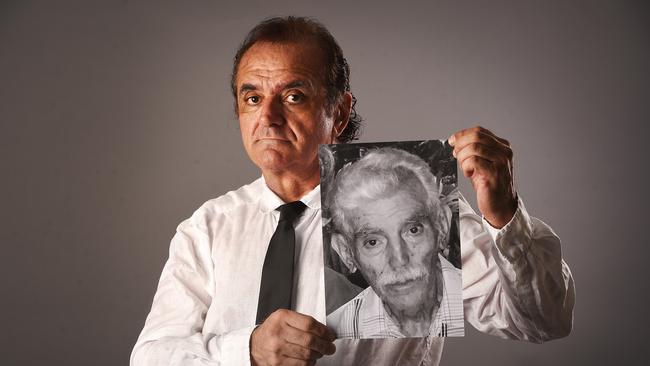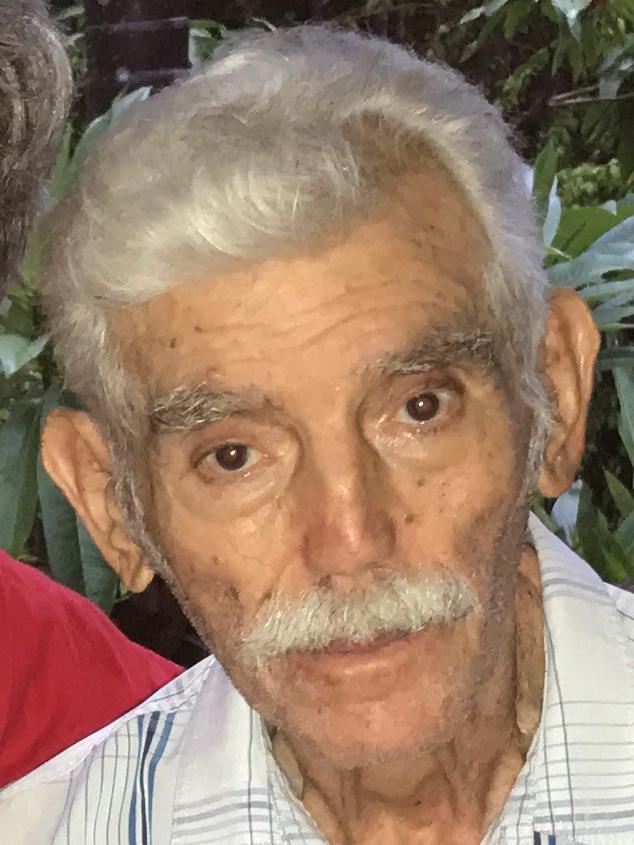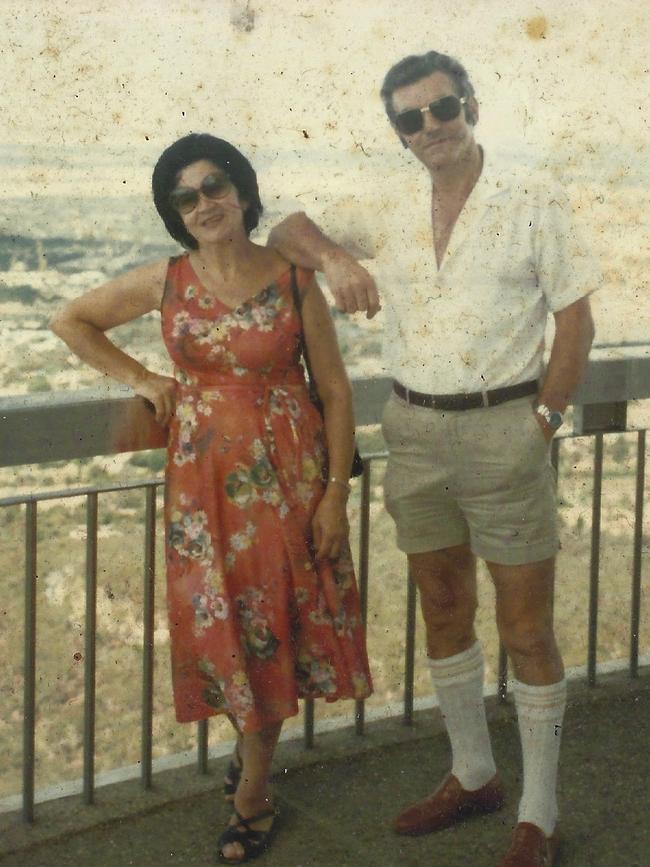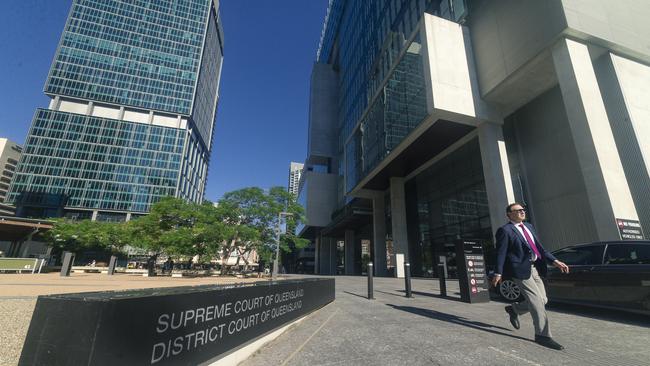Man claims ‘discrimination’ after request for Greek Orthodox funeral for deceased 93yo father denied
A man has claimed he was subject to religious discrimination after the government refused to pay for his deceased father’s Greek Orthodox funeral when he could not afford it.

A man who claimed he was subject to religious discrimination by the Queensland Government after they refused to pay for his deceased father’s Greek Orthodox funeral says he was denied “natural justice” when his case was thrown out.
Angelos Angelopoulos’ attempt to take the government to the state’s civil tribunal was refused in 2022 after he complained he was subject to discrimination when told a grant of funding for a burial service for his father, Anastasios, would not cover the costs of a Greek Orthodox service required to help farewell the 93-year-old.
After appealing the decision from the Queensland Civil and Administrative Tribunal (QCAT), Mr Angelopoulos this week suffered an additional blow in court when this fresh attempt was dismissed by the Court of Appeal in Brisbane.
Anastasios died in hospital on June 23, 2018.

His son sought financial assistance from the Palaszczuk-led Labor government under Queensland’s Burials Assistance Act (BAA) as he could not afford to pay for the funeral service and burial at the time of Anastasios’ passing.
But the aid only covered the reopening of a pre-purchased burial plot, a graveside service, the funeral director’s fee, a coffin and “any required preparation of the body and transportation from the morgue to the burial site”.
Angelos desired for his father to hold a Greek Orthodox funeral according to Anastasios’ strong beliefs, but further financial assistance for this was refused.
The Greek community and the Greek Orthodox Church stepped in to fund a church service, but it did not extend to the costs of the private viewing of Anastasios in an open coffin.
It was not for another 20 weeks Mr Angelopoulos’ father was buried in November 2018.
In his submissions to the tribunal, he argued he was discriminated against over the requirement to bury his father “without his complying with his father’s and his own religious beliefs”.
“According to Mr Angelopoulos, a higher proportion of people who are not of Greek Orthodox faith would be able to comply with the term and bury family members without a church service or private viewing,” the Court of Appeal judgment states.


The tribunal dismissed Mr Angelopoulos’ application in 2022.
In her decision, QCAT member Joanne Browne said Mr Angelopoulos was not treated “less favourably” than any other person because of the decision to grant him funding under the BAA.
“The respondent’s conduct is in all of the circumstances reasonable … on the basis that the conduct was necessary to comply with or is specifically authorised by the BAA,” she wrote.
Ms Browne noted Mr Angelopoulos was not denied the additional costs associated with a funeral because of his religious beliefs.
Under the Act, the government could only make arrangements for the disposal of a body, such as helping with a burial or cremation, and funerals were not covered under the funding arrangement.
The Department of Justice and Attorney-General (DJAG) also wrote to Mr Angelopoulos informing him the Orthodox service was not part of the scope of their funding arrangement.
“Queensland is a multicultural state with diverse range of cultures and religions. Should DJAG agree to provide a church service and viewing in the current circumstances, then it would be obliged to provide a similar offer to all applicants of all cultures and religion,” the department said, according to the QCAT judgment.

“The cost to the state would be very significant and this would be a huge impost on limited government funds to provide specialised funeral services, as opposed to a simple burial, for each and every culture and religion in circumstances where burial assistance is
approved.”
A subsequent attempt to appeal the decision through QCAT’s own appeals tribunal was also dismissed.
Mr Angelopoulos then took the matter to Queensland’s Court of Appeal, arguing five grounds.
Some of his submissions included that he was denied natural justice due to limited evidence, the tribunal overlooked the Human Rights Act and that there was an error of fact in the respondent’s argument.
The Court of Appeal judgment states there was “no jurisdiction” for at least three of the grounds of appeal.
“Leave should not be granted to the applicant given the proposed appeal does not raise questions of law arising from the final decision … in relation to grounds 1-3 and 5,” the judgment states.
In addressing claims surrounding the Human Rights Act, the court found it did not raise an “arguable error of law requiring correction to avoid substantial injustice.”
Originally published as Man claims ‘discrimination’ after request for Greek Orthodox funeral for deceased 93yo father denied



